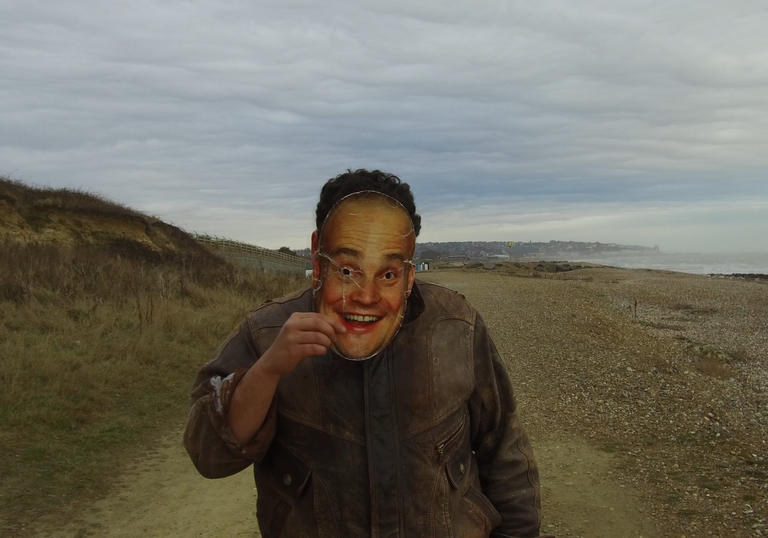Press room
Autism and Cinema: An Exploration of Neurodiversity

Autism and Cinema:
An Exploration of Neurodiversity
Thu 2 - Wed 29 Apr 2020
The Mask, UK 2017, Dir Sharif Peraud
Barbican Cinema and Queen Mary University of London are pleased to present Autism and Cinema: An Exploration of Neurodiversity; a season that debates new ideas arising from the relationship between autism and cinema.
Bringing together a diverse selection of films, ranging from documentary to animation, and genre-twisting fiction to experimental filmmaking from within the autistic community, this programme asks how the language of cinema can be challenged and changed by autistic perspectives.
Typically, cinema has depicted characters with autism from the outside, looking in with fascination at a high-functioning or magical character who throws out of joint the ‘neurotypical’ lives of those around them.
A cinema reflective of autism and the experience of neurodiversity is rare. Yet it has much to offer our understanding of inner and outer life, ushering in new sensory and relational ways of being in the world. It is part of Inside Out, a year-long Barbican cross arts season exploring the relationship between our inner lives and creativity. It is presented in collaboration with the Centre for Film and Ethics at Queen Mary University of London.
The season opens with Temple Grandin (US 2010 Dir Mick Jackson), a biopic of the accomplished autistic thinker and advocate who transformed the cattle farming industry.
The film attempts to visualise for the audience Temple’s inner world – one in which sights and sounds are accentuated, and thoughts run ‘like a VCR tape.’ The screening will be followed by an exclusive filmed interview with Temple Grandin, discussing the film and her experience of autism.
Other highlights include the documentary Life Animated (US 2016 Dir Roger Ross Williams), which examines the place of animation in the evolving mind map of a child, where the medium of film becomes a toolkit and a shared vocabulary; and Mulholland Drive (US 2001, David Lynch), set in the winding roads and dark recesses of Hollywood, the curators suggest the film steps beyond neurotypical ways of comprehending (such as reading body language and inferring emotions from faces), and breaks convention by asking viewers to experience story unbound by linear structure.
The season also includes rarely screened titles such as Jigsaw (UK 2004 Dir Robina Rose), Scrapbook (Canada 2015 Dir Mike Hoolboom) and the UK premiere of the new 2K restoration, with English subtitles, of Le Moindre geste (France 1971 Dirs Jean-Pierre Daniel & Fernand Deligny); these films reject psychiatric institutions and embrace progressive schools and rural settings, encountering their young subjects experimentally through movement and gesture as well as language.
All the films are Relaxed Screenings and include live introductions and post-screening discussions involving members of the autistic community, artists, activists, and academics. All screening events will take place at Barbican Cinema 2&3 and Café which has recently been awarded the Autism Friendly Award by the National Autistic Society.
Janet Harbord, Professor of Film at Queen Mary, University of London, comments:
‘This programme explores the rich and multifaceted nature of an autistic apprehension of the world by looking with autism rather than at it. The autistic capacity for visual thinking, for a heightened attention to the object-world, and for bringing into the foreground what is often lost to the background, characterize this series of films, demonstrating an historical affinity between autism and cinema.’
Highlights from the season will be screened in selected cinema venues across the UK.
Ticket prices:
Box office: 020 7638 8891 www.barbican.org.uk
Standard ticket price: £12/ Members: £9.60/ Concessions: £11/ Young Barbican: £5
Ian Cuthbert, Communications Manager - Cinema: [email protected]
